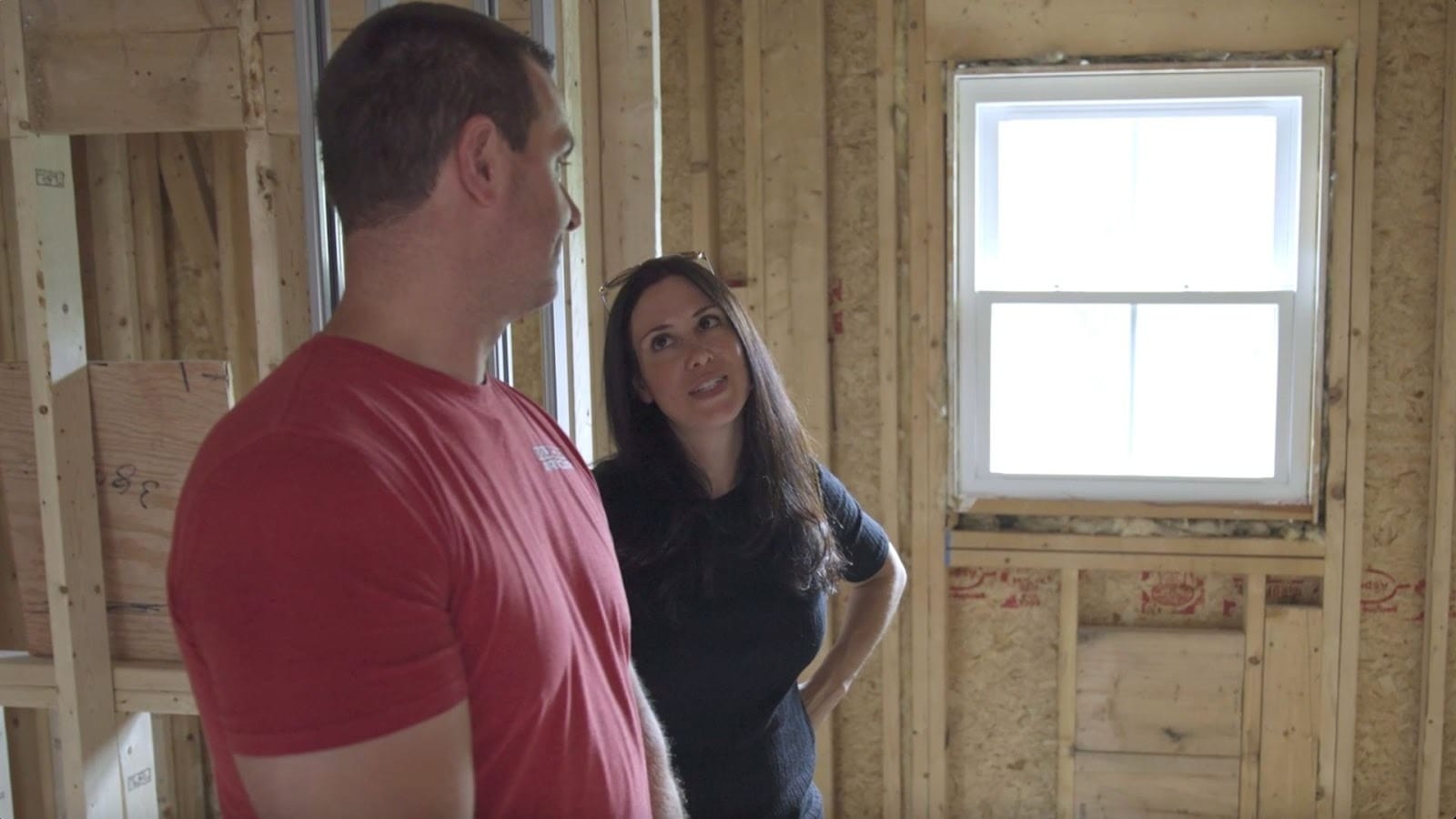When the “Perfect” Home Comes with a Hidden Surprise
Learn about some issues involving construction permits that commonly come up during the home sale process

Welcome to Market & Moments, where real estate broker Susan Kadilak shares market updates and lessons learned from more than two decades in the business.
When we helped a client get their offer accepted on a beautifully updated home with an attached in-law apartment, everything seemed perfect. The extra unit felt like a smart investment. Once we were in contract, everything seemed great until we started doing our permit research. That’s when we discovered the “in-law apartment” was completed without any permits. The seller had converted the garage into living space with a kitchenette, bedroom, and full bath… with no inspections done by the town.
For our clients, the house turned out to be not quite what they thought they were buying. The seller had 2 options: Go back, open walls, engage contractors, apply for retroactive permits, and pay thousands to bring the space into compliance… or adjust the price to reflect what the property would be worth without the apartment, and then it would be up to the buyers to do the permit work. Our buyers also could have chosen to walk away from the transaction altogether. Ultimately the sellers decided to go through the process of applying for retroactive permits, resulting in closing delays and costs in the thousands of dollars.

Permit Issues: What to Know
During real estate transactions in Massachusetts, permit issues are common. Here are some that we typically run into:
- Open Permits. Sometimes permits are issued, but the work is either never inspected or never signed off. Even if the permitting paperwork exists, if final inspections were missed, sellers are often asked to close out these active permits before closing.
- Work that changes the use of the home. Unpermitted work that changes a home's use can trigger enforcement and must comply with current codes. One example of this is adding a basement apartment to a 2 family home without a permit.
- Recent work done without a permit. If you walk into a home and see a brand new kitchen or a freshly finished basement, that should be your cue to ensure that the proper permits were pulled.
Sometimes permit issues aren’t the result of anything the homeowner did wrong. We recently had a seller in Burlington who had finished both their attic and basement, but when the buyer checked the town’s records, they were told there were no permits on file. Naturally, this caused concern for the buyers. Fortunately, our clients kept their own paperwork and were able to produce the original permit and the final inspection sign-off. It turned out that the paperwork had been accidentally misfiled under a different property. Situations like this are a good reminder that municipal records aren’t perfect, and buyers should always ask questions.

Why Proper Permitting Matters
For buyers and sellers in Burlington and surrounding towns, unpermitted work can be a real headache. Sometimes it means thousands of dollars in remediation, unexpected delays, and stress. For sellers, failing to resolve permit issues can scare off buyers, trigger renegotiations, or even cause a deal to fall through.
How to Protect Yourself from Permitting Issues During a Home Sale
- Buyers should always work with their agent to research the permit history on any home they are considering purchasing by contacting the local building department.
- Sellers should pull all documentation together for any work they have completed – permits, inspection sign-offs, certificates of occupancy (if applicable) – and disclose any unresolved permit work proactively.





